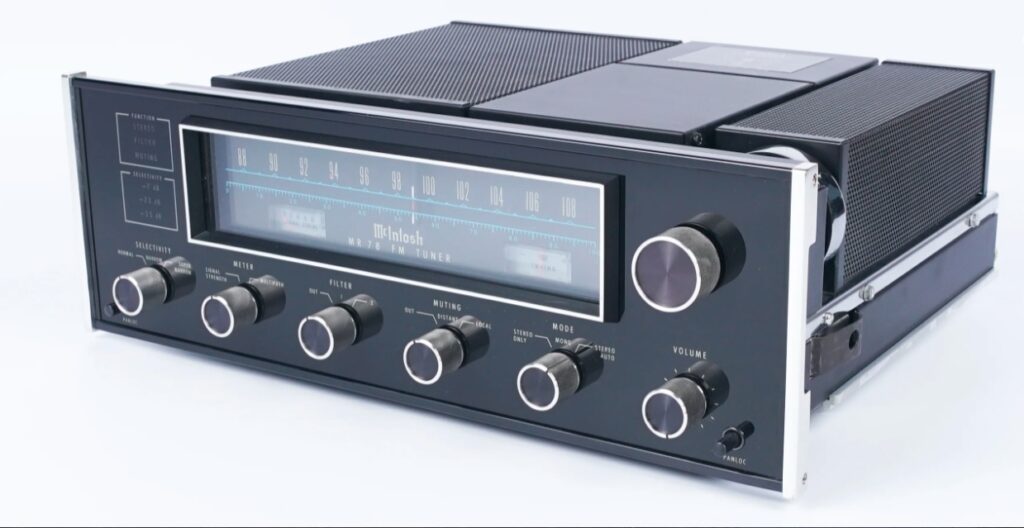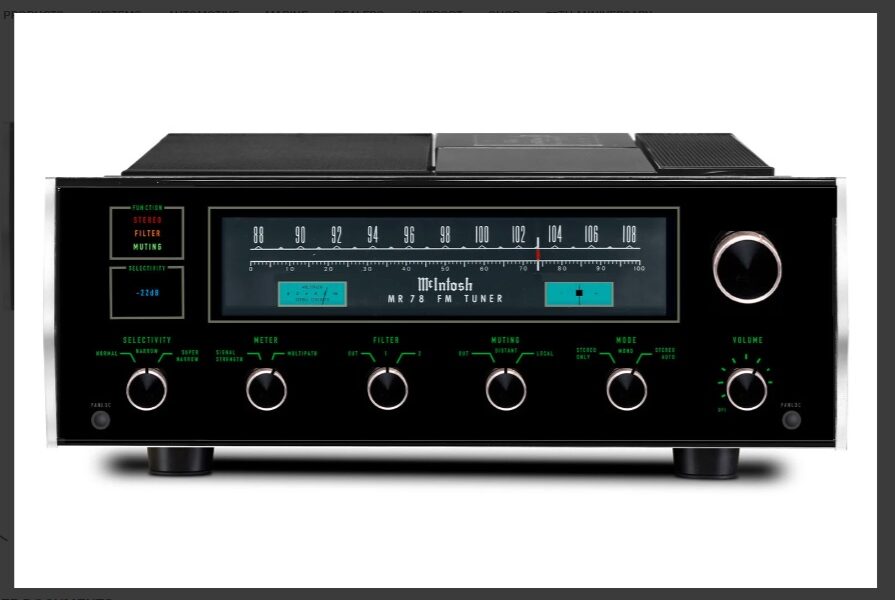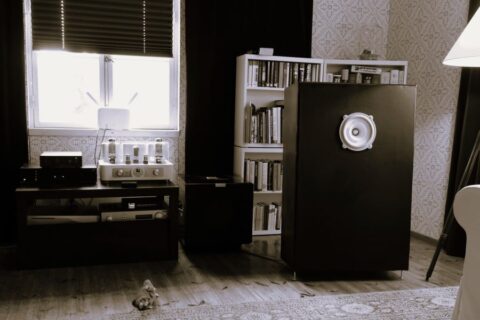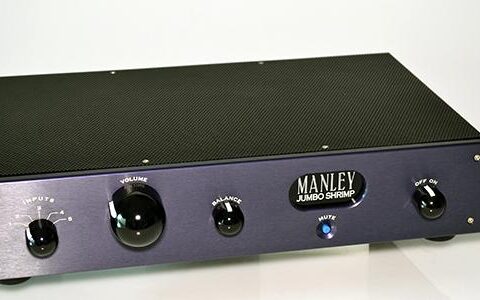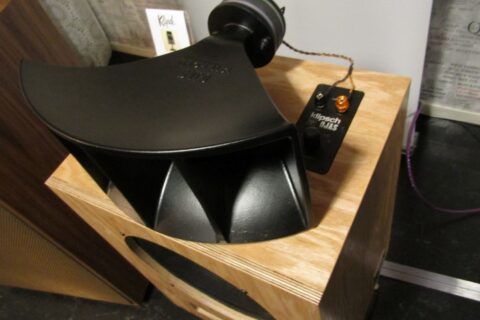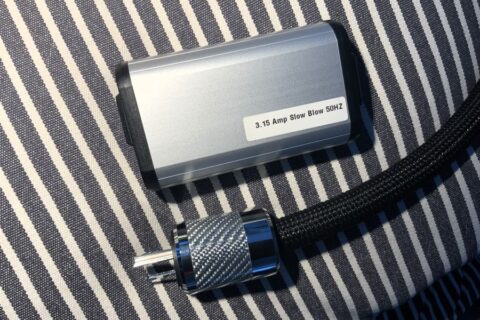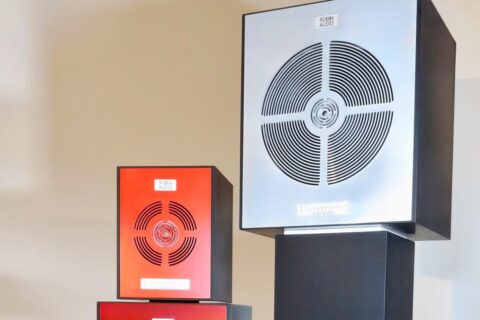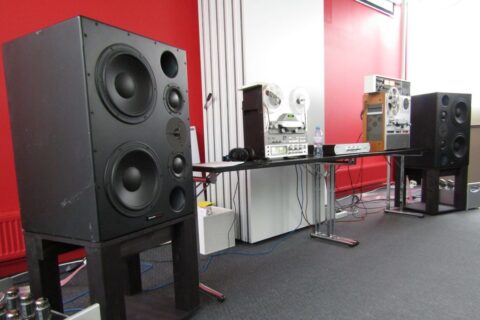Unbearably stylish FM tuner McIntosh MR 78 (1972-79) belongs, no doubt, to the very best classic FM tuners on earth. It is known, among enthusiasts, for its good sensitivity and selectivity as well as for its strong sound. Unlike earlier McIntosh tuners, the MR 78 relies completely on transistor technology. It was designed by Richard Modaferri, better known for his so-called RIMO filter, which improves the tuner’s channel separation and lowers the level of distortion.
The front panel has a tuning knob, a volume control, a stereo/mono selector, a mute switch to reduce the external background noise, a filter switch to suppress noise of weak signals, a selector switch to indicate the signal strength and a three-step switch to select the selectivity band for near and far stations. The rear panel sports antenna connections and fixed and variable unbalanced outputs.
Given when this tuner was created, it already had some advanced tuner technology, including early programming, sort of. Current top tuners make much more extensive use of DSP. In Accuphase T-1000, for instance, the local oscillator, stereo decoder and detector are all implemented digitally. The detector compares phase differences between a frequency-modulated transmission and its delayed copy, and so on. Consequently, the measurements of the T-1000, and the later T-1100, are excellent for FM tuners, and as far as the T-1000 is concerned (which I reviewed elsewhere), the sound quality is simply amazing, especially from the digital out and a quality DAC.
But despite slightly poorer measurement values, it doesn’t follow that the MR 78 or other classics tuners such as Kenwood L-02T, Sansui TU-X1, Marantz 10B and DaySequerra FM Studio, could not compete sonically with Accuphases or Magnum Dynalabs. I’ve compared, and they do.
The sensitivity of the MR 78 is immediately noticeable. The stations pop out from the background, and tune in accurately, and the tuner also keeps the stations tuned. The sound is just as perfect as one can expect from a top-calss FM tuner. Of all the top tuners I’ve tried and heard, including T-1000, Magnum Dynalabs etc., the McIntosh MR 78 stands out especially in terms of voluminousness and sheer ease and relaxation of the sound. Music fills the listening room with a natural texture and excellent bass.
Compared to three inexpensive FM/AM tuners (NAD C425, Yamaha T-S500 and Creek Evolution), none of these more modern mid-fi tuners reached the level of the McIntosh MR 78 from the 1970s, not even in favorable broadcasting conditions (the nearest transmission tower was not far away, central antenna network worked fine, the main stations were received on a good level etc.). The McIntosh MR 78 outperformed the contenders both technically (by being more sensitive and selective), but was also by being stronger at frequency extremes, and by being clearly ahead in reproducing the dimensions of the space, on top of being more detailed and transparent. Add to that how the MR78 kind of re-notated music’s bass lines. What a fantastic FM sound!
Used McIntosh MR 78 tuners are still available at a relatively reasonable price.
